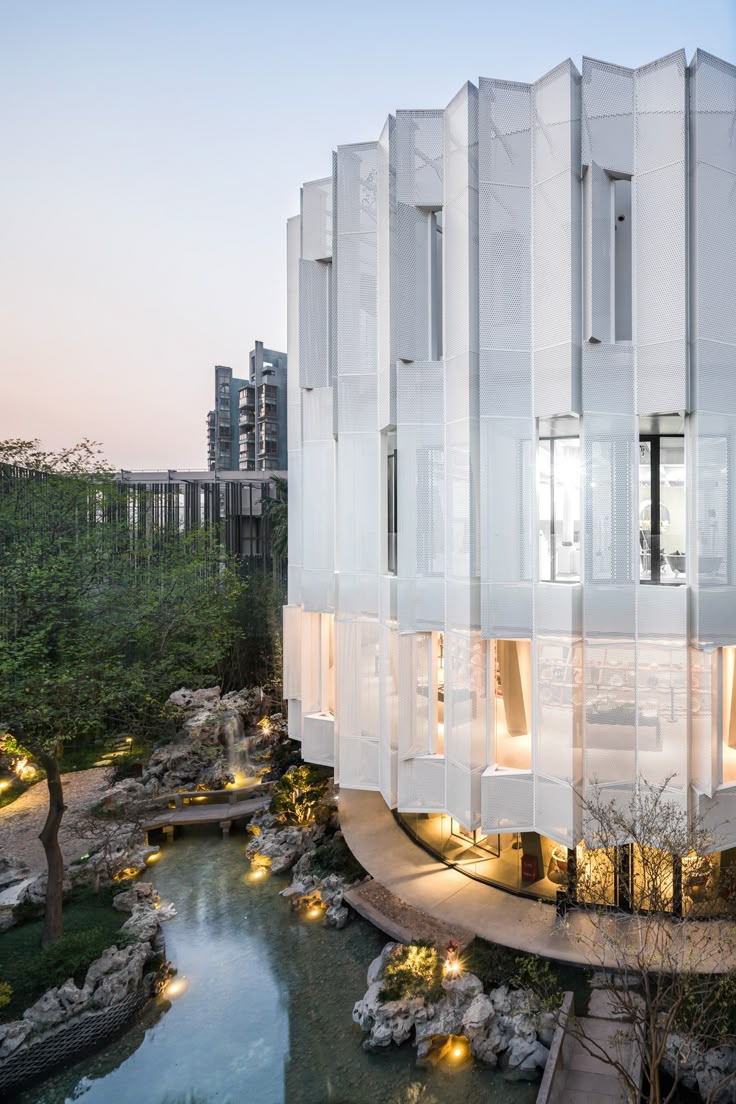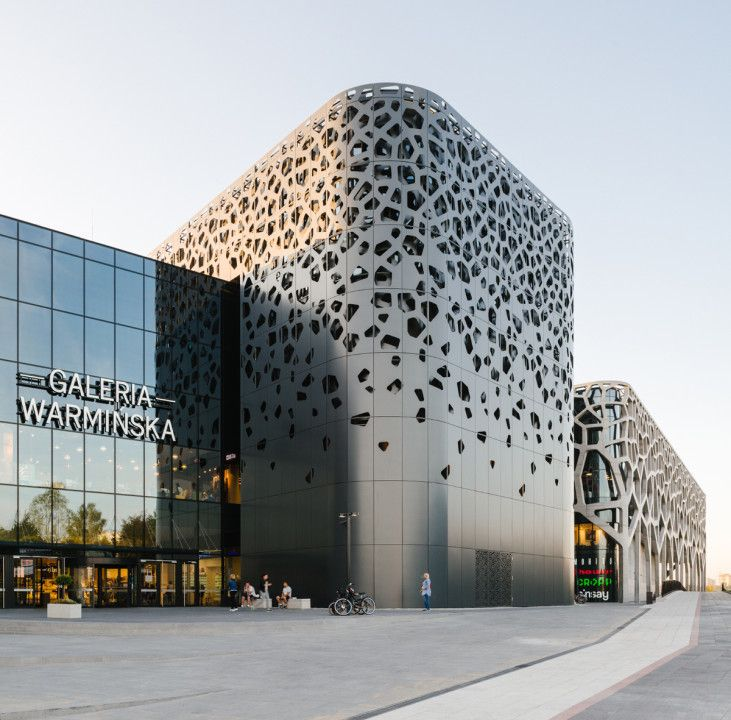aluminum facade panels
Aluminum facade panels represent a cutting-edge architectural solution that combines aesthetic appeal with practical functionality. These versatile panels serve as the exterior skin of buildings, providing both protection and visual enhancement. Manufactured from high-grade aluminum alloys, these panels undergo specialized treatment processes to ensure durability and weather resistance. The panels feature a sophisticated composition, typically consisting of two aluminum sheets bonded to a core material, creating a lightweight yet robust building envelope. Their installation system incorporates advanced fixing mechanisms that allow for thermal expansion and contraction while maintaining structural integrity. These panels excel in various environmental conditions, offering superior resistance to corrosion, fire, and UV radiation. The design flexibility of aluminum facade panels enables architects to create diverse architectural expressions, from sleek modern appearances to traditional styles. Their application extends across commercial, residential, and industrial buildings, making them a versatile choice for both new construction and renovation projects. The panels can be customized in terms of size, shape, color, and finish, allowing for unique architectural expressions while maintaining consistent performance standards.


